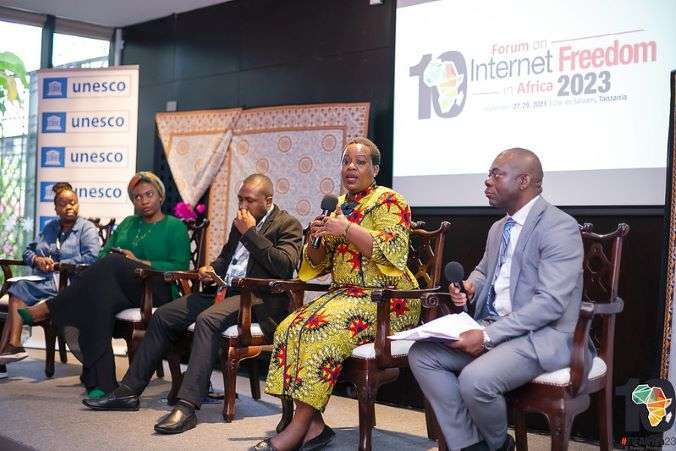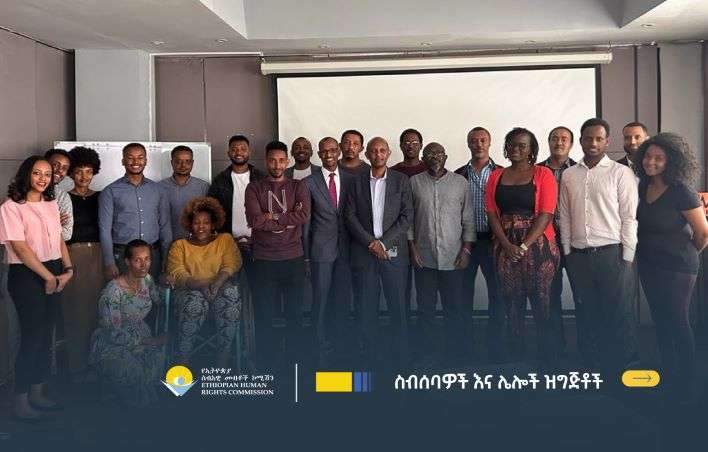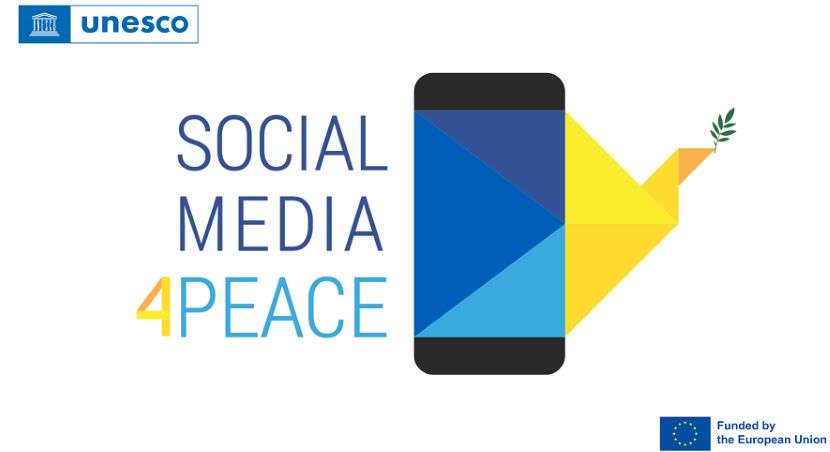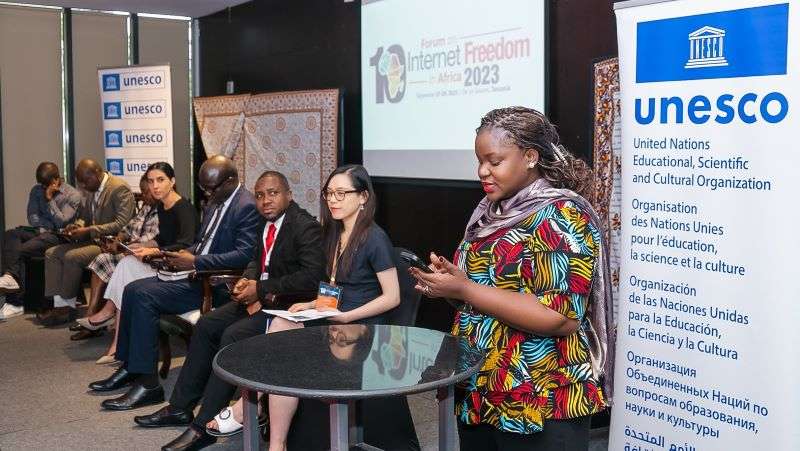By Juliet Nanfuka |
Across the world, governments are introducing laws to regulate online content. Many of these laws contain provisions that may lead to the increasing removal of legitimate expression as opposed to harmful and illegal content. In turn, the global community continues to grapple with the question of how harmful online content should best be moderated in a manner that does not undermine citizens’ right of access to information and freedom of expression.
On September 28, the United Nations Educational, Scientific and Cultural Organization (UNESCO) held a high-level panel discussion on unpacking African perspectives on the operationalisation of UNESCO’s Guidelines for regulating digital platforms. The session was among the discussions held at the 2023 edition of the Forum on Internet Freedom in Africa (FIFAfrica) which assembled organisations from across Africa and beyond to deliberate on reigning concerns in the internet governance and digital rights landscape.
The UNESCO Guidelines (in full referred to as Guidelines for regulating digital platforms: a multistakeholder approach to safeguarding freedom of expression and access to information) aim to safeguard freedom of expression, access to information, and other human rights in the context of the development and implementation of digital platform regulatory processes. The guidelines outline rights-respecting regulatory processes and promote risk and system-based processes for content moderation and curation. Following a series of multistakeholder consultations and contributions that started in September 2022 the guidelines have been under review with a launch of the final document yet to be announced.
The panel featured at FIFAfrica comprised John Bosco Mayiga, Programme Specialist at UNESCO, who moderated the discussion, Hon. Neema Lugangira, Chairperson of the African Parliamentary Network on Internet Governance (APNIG), Grace Githaiga, Convenor of the Kenya ICT Action Network (KICTANet), Dr. Simon-Peter Kafui Aheto from the University of Ghana, and Samira Danburam, New Media and Security Manager at the Nigerian Communications Commission.
Mayiga noted that there are growing shared concerns by many actors in the digital society on how to better harness the benefits of information platforms while also addressing the challenges that come with it. “There is much to gain with digital transformation. However, amidst hate speech and disinformation, there is also much to lose,” he said. “How do we move forward leveraging the advantages of the platforms, but also take care of the excesses that happen to be part and parcel of platforms?”
Githaiga noted that there are no fast and easy answers in dealing with the current challenges of content moderation. She further noted that the guidelines will be invaluable in serving as a basis for individual countries, especially as different countries are at different levels of digital regulation while socio-cultural contexts also vary across borders.
Indeed, various countries, particularly in Africa, are still grappling with navigating issues such as hate speech, disinformation, protecting legitimate online freedom of expression, content moderation, and data privacy. Dr. Kafui-Aheto added that the Internet Universality Indicators (IUI’s) are a great complementary tool to the guidelines. He also stressed that digital literacy, including on regulatory frameworks, is fundamental in the realisation and utilisation of the indicators and the UNESCO guidelines by more stakeholders.
The speakers discussed the potential paths that the operationalisation of the guidelines in Africa could take. There was consensus amongst panelists on the need to create regional and national multi-stakeholder networks that enable the active participation of diverse groups in the implementation of digital platform regulation. This consensus was reached as the challenge of ensuring that online platforms serve as places where individuals can seek factual information but without fear was a recurring theme across FIFAfrica.
Ultimately, the session stressed that the creation of an internet of trust cannot be the preserve of any particular group however specialised they are; it should be a collaborative effort that includes all stake-holders.
The guidelines are designed to inform regulatory processes under development or review for digital platforms, in a manner that is consistent with international human rights standards. According to UNESCO, the Guidelines may serve as a resource for policymakers in identifying legitimate objectives, human rights principles, and inclusive and participatory processes that could be considered in policymaking. The guidelines could also inform the policies and practices of digital platforms; and provide an advocacy and accountability tool for civil society.





